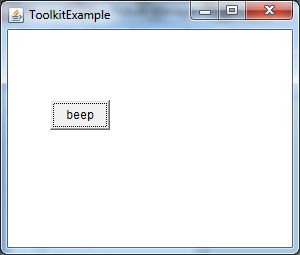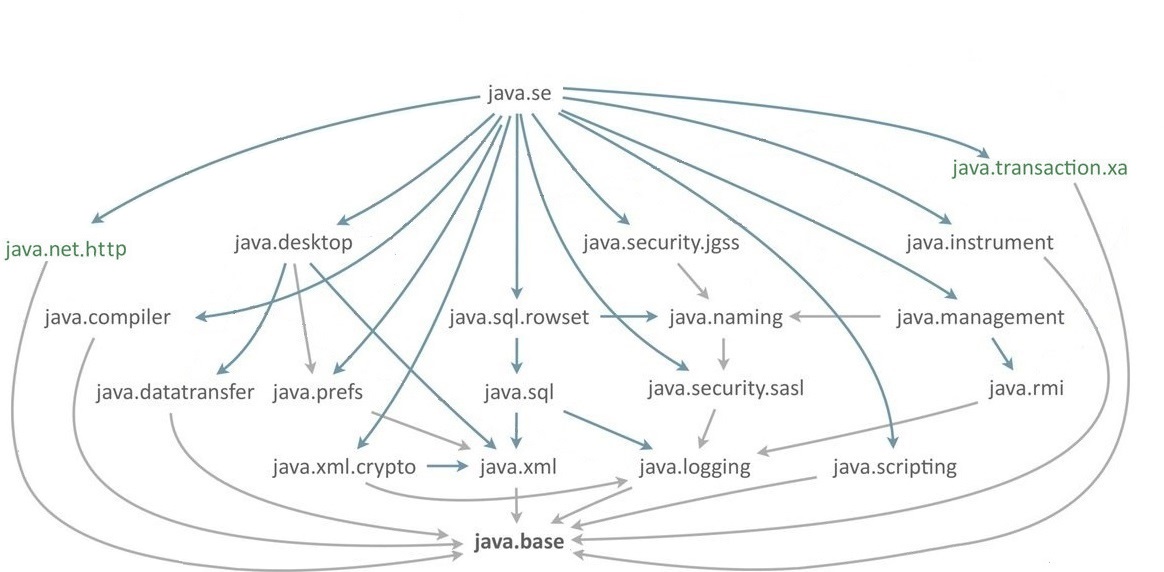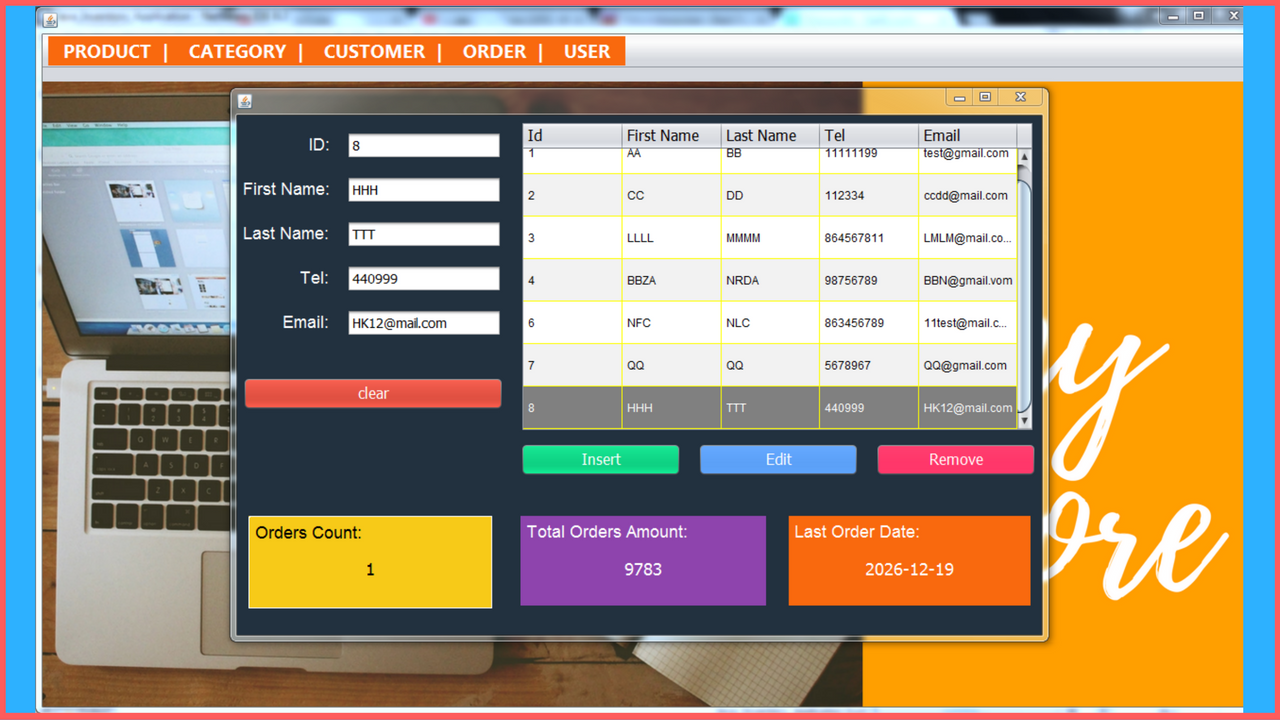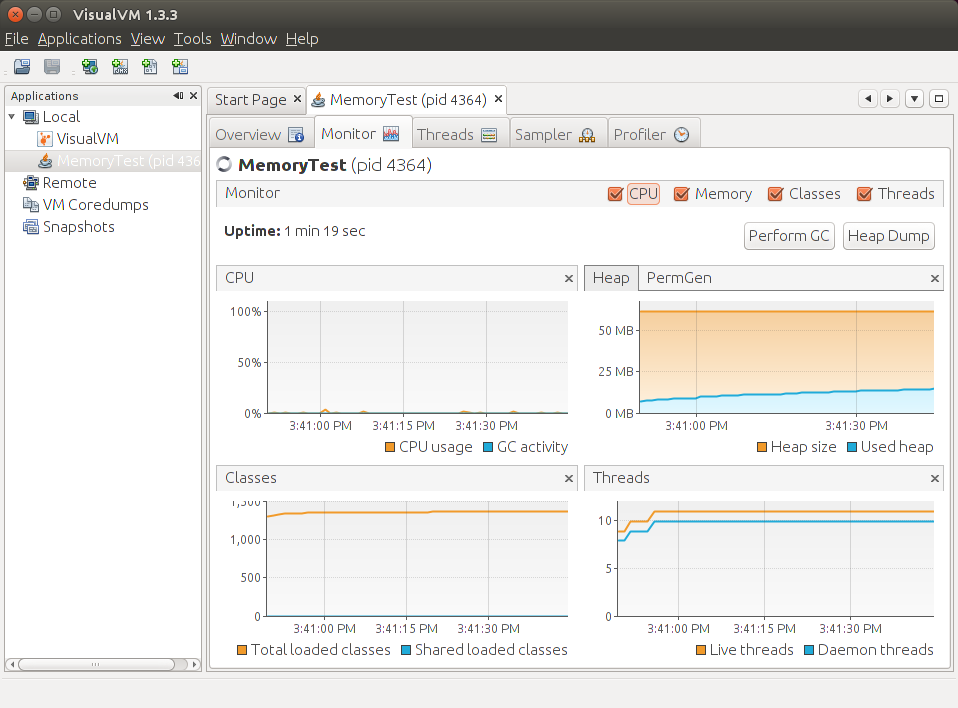

The main program enters a loop waiting for dataset names to be sent via the MVS modify command. This sample shows how JZOS can be used to interact with the MVS console. Simple class that says hello on System.out and System.err Class MvsConsoleInteraction

If the target file is an MVS dataset, then its LRECL should be compatible with the source file/dataset. The input and output file names are given as arguments to main, and they main be either POSIX (HFS) file names or MVS dataset names. Sample program that uses the FileFactory class to copy a text file or dataset.

The fully qualified dataset name is given as the first argument and the member name is given as the second argument. Sample program that ENQs on a PDS / member in a manner compatible with ISPF and then updates the PDS member. The name of the source dataset and target dataset names are given as arguments. Sample program that uses BPXWDYN to dynamically allocate a new dataset with the same attributes as a given dataset, and then copy the original to the new dataset. the volume not being mounted) a message is written and the dataset is skipped. If the complete lookup cannot be completed for a dataset (e.g. Finally ZFile.obtainDSN(String, String) is used to obtain the format 1 DSCB information for the dataset. Then, for each dataset, ZFile.locateDSN(String) is used to get the first entry of the list of MVS volumes that contain the dataset. The sample program first uses CatalogSearch to get a list of datasets matching the supplied filter key. The filter key is given as an argument to main(). Sample program that uses CatalogSearch, LOCATE and OBTAIN to display information about datasets matching a filter key. JZOS Toolkit API Sample Jobs Class CatalogSearchSample The extensions provide APIs for Java access to z/OS operating system services and access to z/OS-specific data types, including VSAM data. The JZOS set of Java class libraries extends the function available in the standard Java product. Java applications can be launched directly as batch jobs on z/OS along with using the custom launcher. The batch launcher and toolkit extends the z/OS SDK products with a set of Java classes and additional C++ code. The net result of these enhancements is that the look and feel of running Java applications is much closer to other z/OS batch jobs, and the way Java batch can be managed is now like other z/OS batch applications written in COBOL, PL/I, or other compiled languages.

The combination of the launcher, data access, added system services, and environmental enhancements make running Java on z/OS as batch jobs easier, particularly for traditional z/OS programmers. Java applications can be fully integrated as job steps in order to augment existing batch applications. In addition, JZOS provides facilities for flexible configuration of the run-time environment, and it allows intermediate data to be seen via z/OS System Display and Search Facility (SDSF).
JAVA SYSTEM TOOLKIT CODE
Additional system services include console communication, multiline WTO (write to operator), and return code passing capability. It includes a native launcher for running Java applications directly as batch jobs or started tasks, and a set of Java methods that make access to traditional z/OS data and key system services directly available from Java applications. The IBM JZOS Batch Toolkit for z/OS SDKs is a set of tools that improves many of the functional and environmental characteristics of the current Java batch capabilities on z/OS. JZOS Toolkit APIĪ batch launcher and toolkit for Java applications running on z/OS. This repository contains a batch launcher and toolkit for Java applications running on z/OS.


 0 kommentar(er)
0 kommentar(er)
